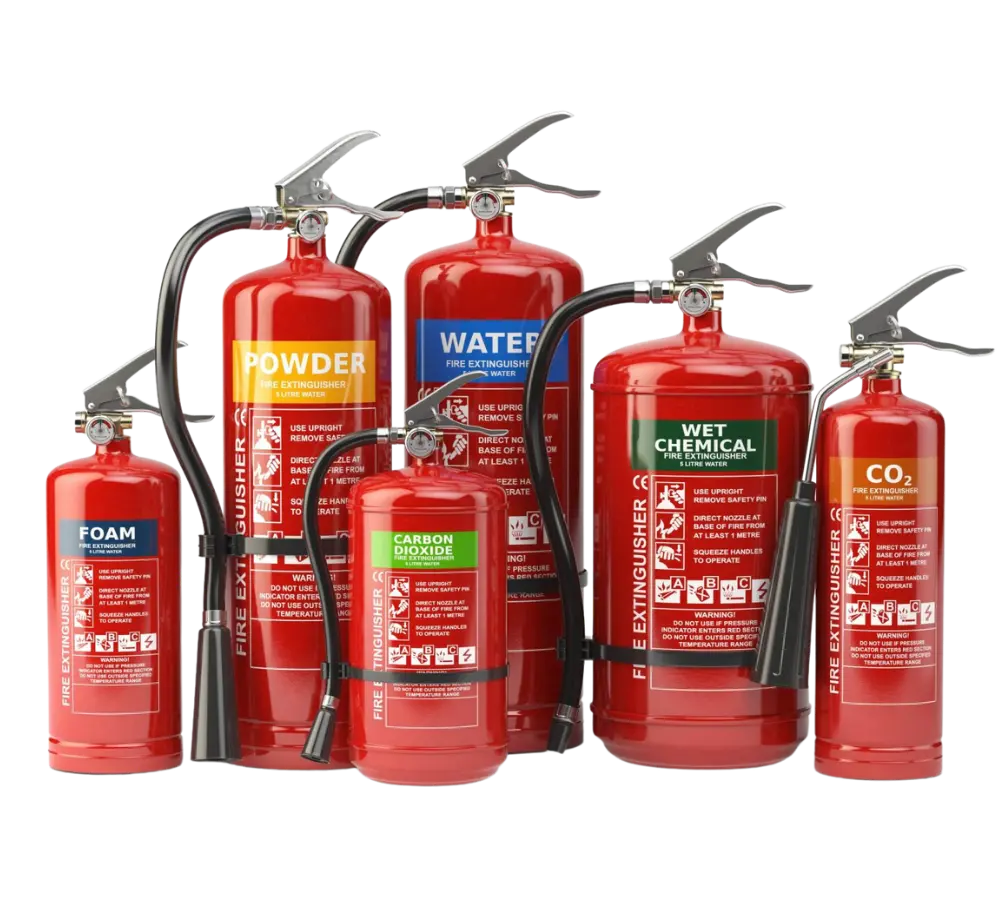Fire extinguishers are essential tools for fire safety, but not all extinguishers are created equal. In this blog post, we will explore the different types of fire extinguishers available and their specific uses. Understanding these distinctions can help you make informed decisions when it comes to fire safety preparedness.
Water Fire Extinguishers:
Description: Water extinguishers are effective against Class A fires, which involve common combustible materials such as wood, paper, and cloth.
Uses: Ideal for homes, offices, and areas with Class A fire risks, such as schools and residential buildings.
Foam Fire Extinguishers:
Description: Foam extinguishers work on Class A and B fires, combining water with foam concentrate to smother the flames and prevent re-ignition.
Uses: Suitable for locations with flammable liquids, such as workshops, garages, and kitchens.
Carbon Dioxide (CO2) Fire Extinguishers:
Description: CO2 extinguishers use carbon dioxide gas to displace oxygen and smother the fire. They are effective for Class B and electrical fires.
Uses: Recommended for use in electrical rooms, server rooms, laboratories, and areas with flammable liquids.
Dry Powder Fire Extinguishers:
Description: Dry powder extinguishers are versatile, tackling Class A, B, and C fires. They contain fine powder that works by interrupting the combustion process.
Uses: Suitable for multi-purpose fire risks in areas such as commercial kitchens, workshops, and manufacturing facilities.
Wet Chemical Fire Extinguishers:
Description: Wet chemical extinguishers are specifically designed for Class F fires involving cooking oils and fats. They form a cooling, soapy layer to suppress the fire.
Uses: Essential for commercial kitchens, restaurants, and catering establishments.
Knowing the different types of fire extinguishers and their uses is crucial for effective fire safety planning. It enables you to select the right extinguisher for specific fire risks, ensuring maximum safety for yourself, your family, and your property. Remember to regularly inspect and maintain your fire extinguishers to ensure their functionality in case of emergencies.


